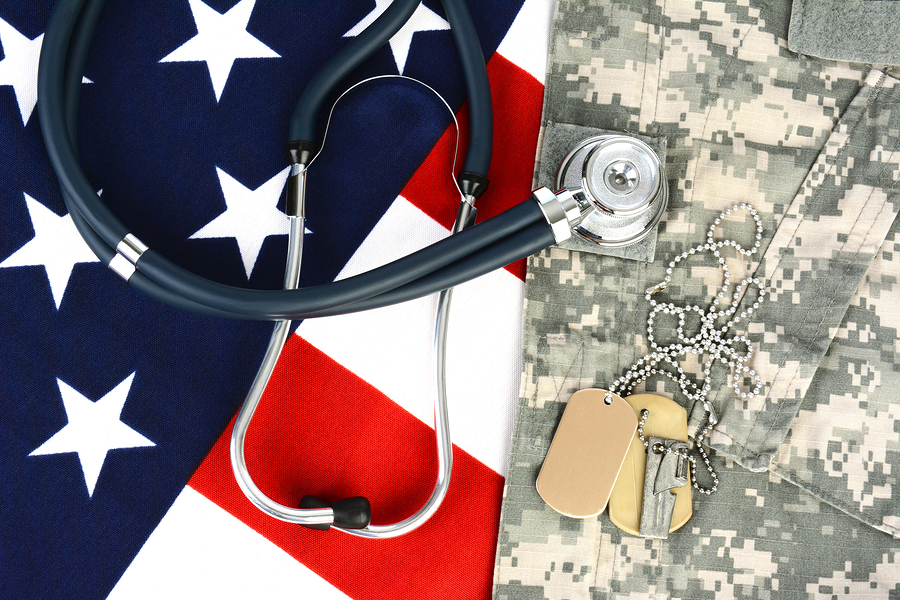
In World War I – the war to end all wars – soldiers exhibited a psychological response that few doctors and psychologists had ever seen. The term they used was “shell shock,” which was classified as an extreme response to the constant bombardment of shells that rained down on soldiers like hellfire during the short, but brutal war. The symptoms included panic, confusion, neurosis and insomnia. Later, shell shock took the name of “combat fatigue” and “combat stress reaction.” It wasn’t until the Vietnam War that Post Traumatic Stress Disorder, or PTSD, became as much of a household name as Windex or Mr. Clean. Now, a new study shows that CPAP therapy can reduce nightmares, a prevalent symptom of post traumatic stress, in veterans with PTSD and obstructive sleep apnea.
The mean rate of nightmares in veterans fell significantly with regular nightly CPAP treatment.
– SLEEP Journal
This incredible new study offers an enormous glimmer of hope for soldiers coming back home from war. Many of those soldiers will continually relive the horrors of war in their dreams – over and over again. Psychologists say that veterans can start reliving those horrors soon after a traumatizing event, but the onset of PTSD could happen much later – even years later. The study, which was published in an online supplement of the journal Sleep, showed that the mean rate of nightmares in veterans fell significantly with regular nightly CPAP treatment. In addition, the less nightmares veterans had, the better their compliance to CPAP treatment. Basically, the fewer the nightmares, the more they wore their CPAP masks.
The study, which was conducted retrospectively at the Sleep Disorders Laboratory at G.V. (Sonny) VA Medical Center in Jackson, Mississippi, took a look back at patients who were suffering from both sleep apnea and PTSD between the years of 2010 and 2012. Researchers looked at the mean number of nightmares prior to CPAP treatment and then the mean number of nightmares six months after CPAP use. They also measured CPAP compliance based on memory cards that doctors had veterans fill out during treatment. The results: less nightmares and better adherence to CPAP treatment, which ultimately further reduced the amount of nightmares.
According to researchers, roughly one in six soldiers coming home from war will suffer from PTSD. Statistics also show that cases of PTSD have risen by almost 80% in veterans during the last decade. The only clinically effective treatment for PTSD includes extensive therapy, antipsychotic drugs and mood stabilizers. While medications provide relief, they also have numerous side effects, like weight gain and loss of energy. A lot of soldiers tolerate the side effects, because they know the alternative – no treatment at all – is much worse. However, with CPAP therapy, which has virtually no invasive side effects, perhaps we can save a few brave soldiers’ lives, or allow them to sleep more comfortably, which is the least we can do for everything they’ve given our country.
American Academy of Sleep Medicine. “CPAP therapy reduces nightmares in veterans with PTSD and sleep apnea.” ScienceDaily. 8 July 2013.











